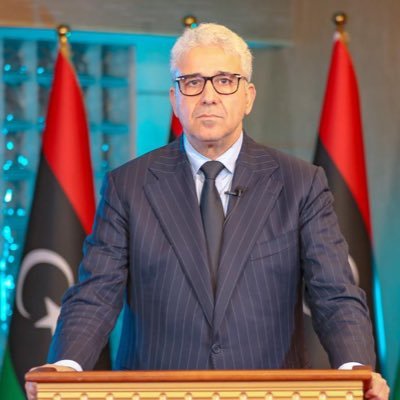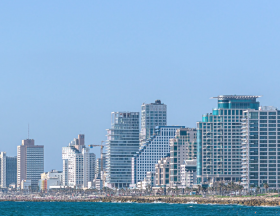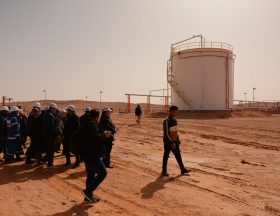The country has entered a new phase of political uncertainty since February 10, with the investiture of a new Prime Minister, Fathi Bashagha (ex-Minister of the Interior) by Parliament.
A year ago, the government of National Union was set up under the aegis of the UN and Abdel Hamid Dbeiba was appointed Prime Minister to lead the transition towards political normalization. With this in mind, a double presidential and parliamentary election had been scheduled for December 24, 2021.
However, these elections were postponed indefinitely due to disagreements between the powers of the East, embodied by Parliament and Marshal Haftar, and the powers of the West, namely the government of Dbeiba and the High Council of State.
The country entered a new phase of political uncertainty on February 10, with the investiture of a new Prime Minister, Fathi Bashagha (ex-Minister of the Interior) by Parliament.
Two rival prime ministers currently coexist since Abdel Hamid Dbeiba, who denounces an illegitimate vote, does not seem determined to leave office and considers that his mission will only end after the appointment of a government from the ballot box. The Parliament considers that the mandate of Abdel Hamid Dbeiba expired for lack of having been able to organize the elections of December.
The President of the High Council of State (HCE) also supported Parliament in the appointment of Fathi Bashagha, further weakening the position of Abdel Hamid Dbeiba. This point of agreement between the Parliament and the HCE, two political figures of weight in the East and the West of Libya, could offer an opportunity to bring the country together around of a candidate and to stabilize the political situation.
The UN, whose primary objective is to organize national elections as soon as possible, called on “all parties and institutions to continue to preserve the stability of Libya” and declared that it had taken note of Bashagha’s investiture. .
Fathi Bashagha’s government received a vote of confidence from Parliament on March 1 but was unable to take office due to resistance from incumbent Prime Minister Abdel Hamid Dbeiba.
Source Embassy of France in Tunisia-Libya











Réagissez à cet article